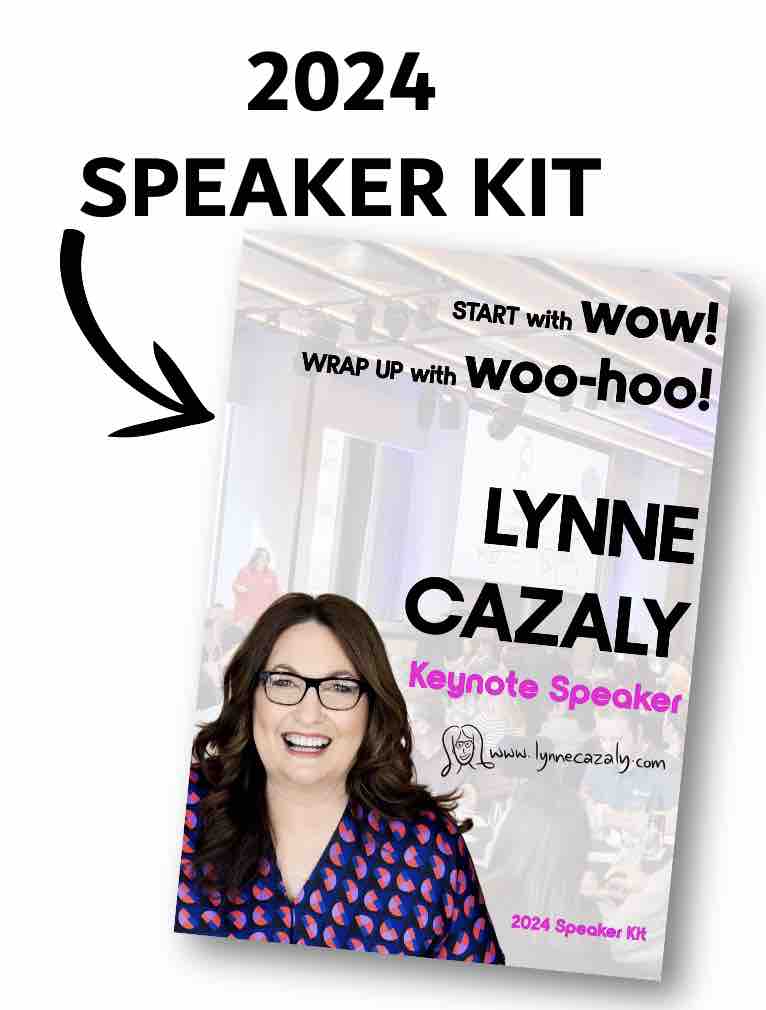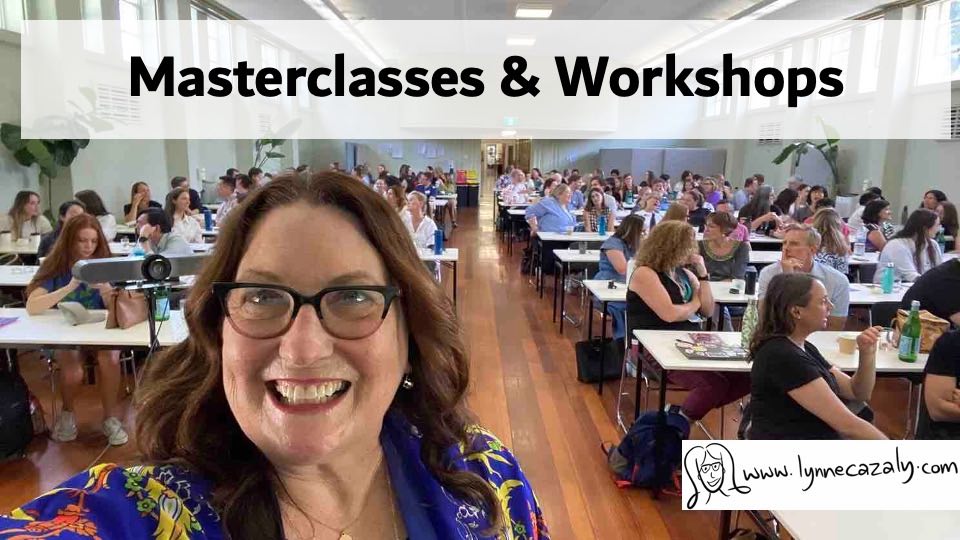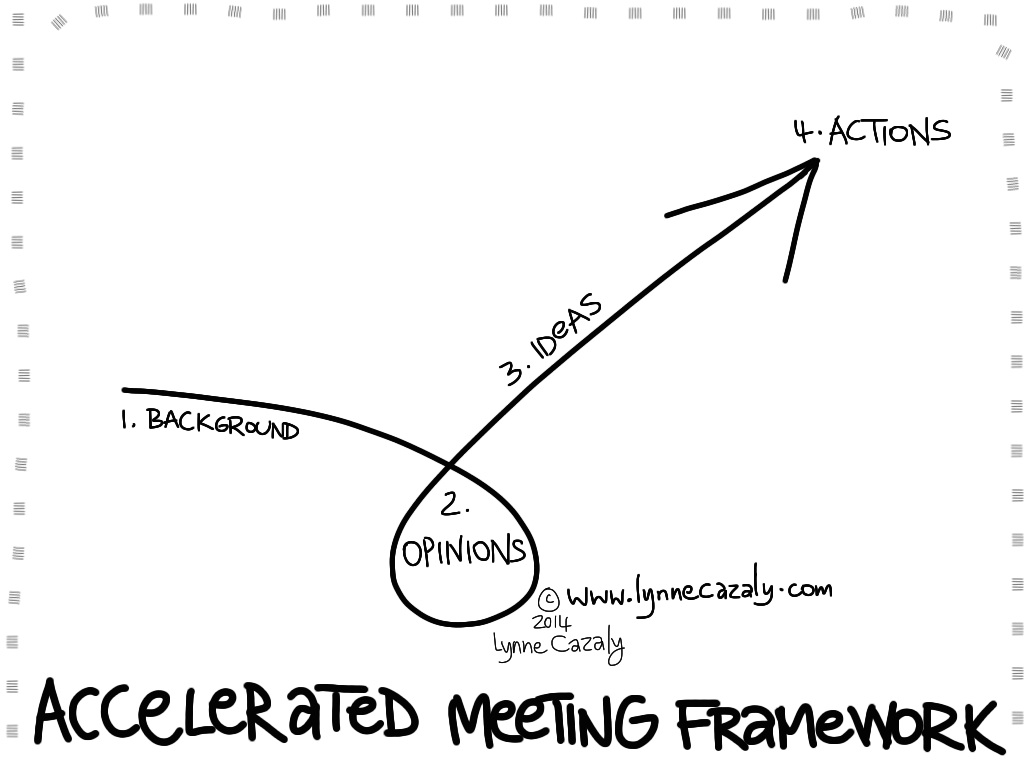 It truly is time to stop meeting like this. There have been some valiant attempts to get us to reinvent how, when, why and if we need to meet over recent years ... but it’s not changing quickly enough.
It truly is time to stop meeting like this. There have been some valiant attempts to get us to reinvent how, when, why and if we need to meet over recent years ... but it’s not changing quickly enough.
I think if you’re leading change, you just need to ‘step in’. Put your hand up, step up and say ‘yep, I’ll facilitate this one.’
Then say: ‘We’re making this a ‘doing’... not a meeting!’
Yep, meetings should be called ‘doings’. So you get stuff done. Otherwise, our meetings will continue to be dysfunctional. Too much time. Too little output. Too much talk. Too little listening. Too few actions. Too little impact. Too big a cost.
I worked with a team recently to facilitate their team planning and strategy days and they were amazed at what they achieved in the time available. A day here. A day there. Yes that's what good facilitation will do for a group and the clear objective they had!
But it is also about HOW the meeting was set up, what the agenda looked like, how they worked together, what they did throughout the sessions and how there was a strong bias for action.
I'm all for setting aside some time for talk but that's what I do - set aside some time. Timebox it. You say 'this is how much time we have to talk about this topic.' Then go! Talk about it. I capture the key points raised, the key arguments and the main ideas and agreements. But we are always thinking about forward movement and progress. Doing.
So... timebox it
Use the time boxing technique to get good stuff done.
I worked with some cool technology developers recently ho were working on a project for a major retail chain. Prior to the important client work, the team got together, to get their sh*t together. Smart team!
They had their strategy and planning day. And they were used to working together so what they did was use a clock with short timeframes to keep them moving, keep them progressing and keep them active. One of them was a keen runner, so they used a running clock on their iPad to segment out time for tasks throughout the day. Short intervals of just a couple of minutes.
It was brilliant to see. This team, pushed to decision making, action and prioritizing in two minutes. What!? I wondered if they could do it.... and yes, they did it. Time and time again throughout the day. Plenty of time to talk and discuss, but then it was down to action to decide and prioritise and they did it super-quick.
Get on with the doing, less of the meeting and you'll make a great start to your project and piece of work. Go. Do.
 Friday, January 30, 2015 at 11:35AM
Friday, January 30, 2015 at 11:35AM 

















